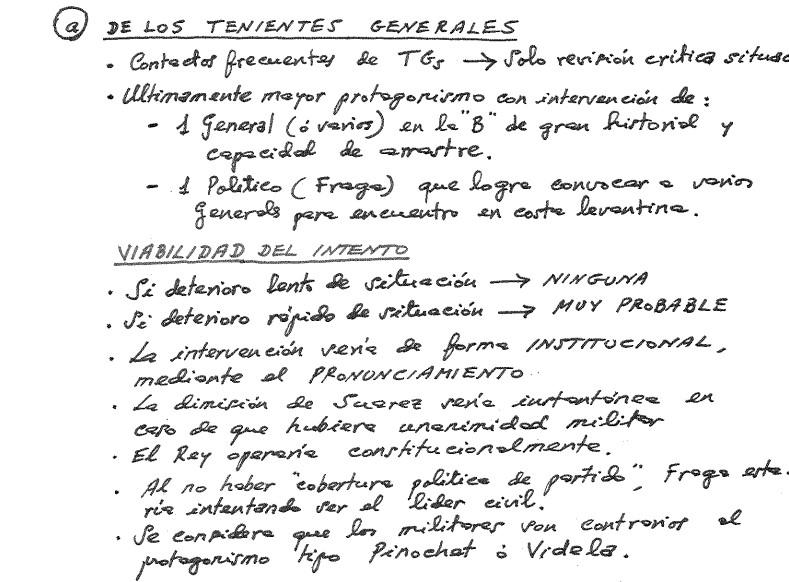[dropcap]C[/dropcap]omo ya es sabido, una de las bases fundamentales de la responsabilidad social corporativa o empresarial es el cumplimiento legal de los requisitos que afectan a las actividades de la compañía o institución, así como la coherencia con la normativa internacional de comportamiento. También lo son las políticas e instrucciones internas que aquellas desarrollan.
Estos instrumentos incorporan referencias al trato justo que debe darse a proveedores, clientes y competidores que deben, como parte del compromiso que se adquiere en ellos, evitar las prácticas y conductas anticompetitivas que pudieran poner en riesgo la reputación de la organización.
Todo esto va acompañado de circunstancias que pueden o no favorecer las responsabilidades suscritas, como son la cantidad de ofertantes, el acceso a políticas y tecnologías de innovación, productos homogéneos y la libre incorporación y salida de empresas al mercado, las cuales hacen que éste último se acerque o aleje del concepto de competencia perfecta. No obstante, la gestión socialmente responsable permite minimizar estos impactos y trazar estrategias que hagan de la competencia una función empresarial sana y de mejora. Así, conducir las actividades de manera consistente con las leyes y normativa de defensa de lalibre competencia y cooperar con las autoridades respectivas; establecer procedimientos y otras salvaguardias internas para prevenir el incurrir o ser partede una conducta o comportamiento anticompetitivo; promocionar e implementar entre los trabajadores la conciencia corporativa y elcumplimiento de las normas de defensa de la libre competencia y promover la conciencia respecto del contexto social en el cual se desenvuelve la empresa, demodo tal de no adoptar conductas que tengan por objeto la consecución de ventajas competitivas inadecuadas, permitirán construir un mercado más justo para los clientes apoyados por políticas públicas que eliminen o frenen los oligopolios y monopolios.
“La libre y ética competencia -en igualdad de condiciones y derechos, y ejercida en una sociedad democrática, justa y solidaria- es una fuerza motriz que estimula a las personas, incentiva a las empresas y genera riqueza, cultura y progreso”. (José Luís Rodríguez Jiménez)
Si necesitas más información, déjate aconsejar por www.gesprosal.com
Social responsibility and free competition
[dropcap]A[/dropcap]s is already known, one of the fundamental bases of corporate social responsibility is the legal compliance with the requirements that affect the activities of the company or institution, as well as the consistency with international behavior regulations. So are the internal policies and instructions that they develop.
These instruments incorporate references to the fair treatment that must be given to suppliers, customers and competitors that must, as part of the commitment acquired in them, avoid anti-competitive practices and behaviors that could put the organization’s reputation at risk.
All this is accompanied by circumstances that may or may not favor the subscribed responsibilities, such as the number of bidders, access to innovation policies and technologies, homogeneous products and the free incorporation and exit of companies to the market, which make the latter approach or move away from the concept of perfect competition. However, socially responsible management allows these impacts to be minimized and strategies to be developed that make the competition a sound business function and improvement. Thus, conduct activities in a manner consistent with the laws and regulations of defense of free competition and cooperate with the respective authorities; establish procedures and other internal safeguards to prevent incurring or being part of anti-competitive behavior; promote and implement among employees the corporate conscience and compliance with the rules of defense of free competition and promote awareness of the social context in which the company operates, so as not to adopt behaviors that aim to achieve of inadequate competitive advantages, will allow to build a fairer market for customers supported by public policies that eliminate or curb oligopolies and monopolies.
“Free and ethical competition – in equal conditions and rights, and exercised in a democratic, just and solidary society – is a driving force that stimulates people, encourages companies and generates wealth, culture and progress”. (José Luís Rodríguez Jiménez)
If you need more information, let yourself be advised by www.gesprosal.com





















